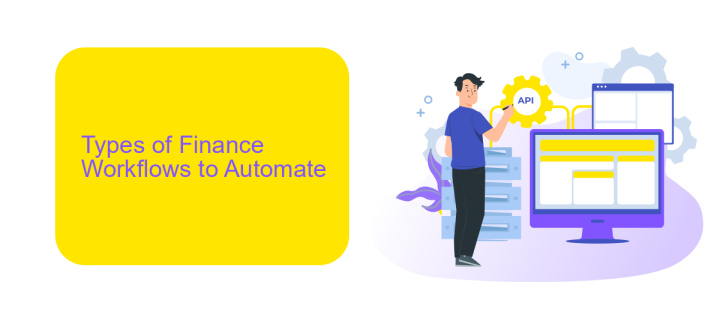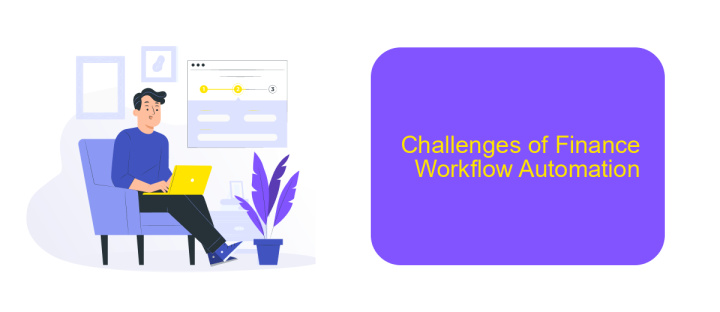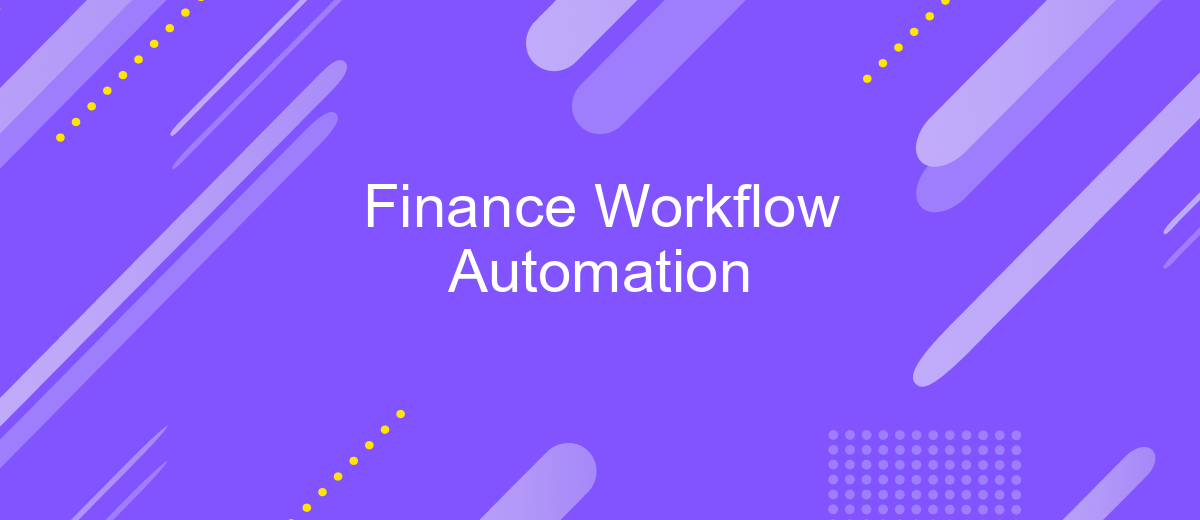Finance Workflow Automation
Finance workflow automation is revolutionizing the way businesses handle their financial processes. By leveraging advanced technologies, companies can streamline tasks such as invoicing, payroll, and budgeting. This not only reduces manual errors but also enhances efficiency and compliance. In this article, we will explore the benefits, challenges, and best practices for implementing finance workflow automation in your organization.
Benefits of Finance Workflow Automation
Finance workflow automation streamlines financial processes, enhancing efficiency and accuracy. By automating repetitive tasks, businesses can focus on strategic decision-making and reduce human error.
- Increased Efficiency: Automation speeds up financial tasks, reducing the time spent on manual processes.
- Cost Savings: By minimizing manual labor, companies can significantly cut operational costs.
- Enhanced Accuracy: Automated systems reduce the risk of errors in financial data and reporting.
- Improved Compliance: Automation ensures that financial processes adhere to regulatory standards.
- Better Data Management: Centralized systems facilitate easier access and management of financial data.
Tools like ApiX-Drive can further enhance finance workflow automation by seamlessly integrating various financial systems and applications. This integration capability ensures that data flows smoothly between platforms, providing a cohesive and efficient financial management environment. As a result, businesses can achieve greater transparency and control over their financial operations.
Types of Finance Workflows to Automate

Automating finance workflows can significantly enhance efficiency and accuracy. One key area to automate is invoice processing. By automating this workflow, companies can ensure timely payments, reduce errors, and maintain accurate financial records. Automation tools can extract data from invoices, match it with purchase orders, and even initiate payments, thereby streamlining the entire process.
Another crucial workflow to automate is expense management. Manual expense tracking can be time-consuming and prone to errors. Automation allows employees to submit expenses digitally, while the system validates and categorizes them automatically. Additionally, integrating with services like ApiX-Drive can facilitate seamless data transfer between various financial systems, ensuring that all records are up-to-date and synchronized. This not only saves time but also provides real-time insights into company expenditures.
How to Implement Finance Workflow Automation

Implementing finance workflow automation can significantly enhance efficiency and accuracy in financial operations. The process involves several key steps to ensure seamless integration and functionality.
- Identify Key Processes: Begin by identifying the financial processes that can benefit the most from automation. Common areas include invoicing, expense management, and financial reporting.
- Select the Right Tools: Choose automation tools that align with your business needs. Platforms like ApiX-Drive can facilitate seamless integration with various financial software, ensuring data flows smoothly between systems.
- Customize Workflows: Tailor the automation workflows to match your specific processes. This may involve setting triggers, conditions, and actions to automate repetitive tasks.
- Test and Optimize: Before fully deploying, test the automated workflows to identify any issues. Make necessary adjustments to optimize performance and accuracy.
- Train Your Team: Ensure your team is well-trained on the new automated workflows. Provide them with the necessary resources and support to adapt to the changes effectively.
By carefully planning and executing these steps, businesses can leverage finance workflow automation to streamline operations, reduce errors, and save valuable time. Utilizing integration tools like ApiX-Drive can further enhance the efficiency and connectivity of your financial systems.
Challenges of Finance Workflow Automation

Finance workflow automation offers numerous benefits, but it also presents several challenges that organizations must address. One of the primary issues is the complexity of integrating various financial systems and software. Ensuring seamless communication between different platforms can be time-consuming and technically demanding.
Another significant challenge is data security. Automating financial processes often involves handling sensitive information, making it crucial to implement robust security measures to protect against data breaches and unauthorized access. Additionally, maintaining compliance with regulatory standards, such as GDPR and SOX, adds another layer of complexity.
- Integration difficulties
- Data security concerns
- Regulatory compliance
- High initial setup costs
- Resistance to change from staff
To address these challenges, businesses can utilize services like ApiX-Drive, which simplifies the integration of various financial systems. By automating data transfers and ensuring compatibility between platforms, ApiX-Drive can help reduce the technical burden and enhance overall efficiency. Proper planning and investment in training can also mitigate resistance from staff, ensuring a smoother transition to automated workflows.
Future Trends in Finance Workflow Automation
The future of finance workflow automation is poised to be profoundly influenced by advancements in artificial intelligence and machine learning. These technologies will enable more sophisticated data analysis, predictive analytics, and anomaly detection, allowing finance teams to make more informed decisions and identify potential issues before they escalate. Furthermore, the integration of blockchain technology promises to enhance transparency and security in financial transactions, reducing the risk of fraud and ensuring data integrity.
Another significant trend is the increasing use of integration platforms like ApiX-Drive, which streamline the connection between various financial tools and systems. By automating data transfer and synchronization, these platforms reduce manual effort and minimize errors, leading to more efficient workflows. As businesses continue to adopt digital transformation strategies, the demand for seamless integration and automation solutions will only grow, making tools like ApiX-Drive indispensable in the future landscape of finance workflow automation.
FAQ
What is Finance Workflow Automation?
How can Finance Workflow Automation benefit my business?
What types of financial processes can be automated?
How do I integrate Finance Workflow Automation into my existing systems?
Is Finance Workflow Automation secure?
Apix-Drive is a simple and efficient system connector that will help you automate routine tasks and optimize business processes. You can save time and money, direct these resources to more important purposes. Test ApiX-Drive and make sure that this tool will relieve your employees and after 5 minutes of settings your business will start working faster.

